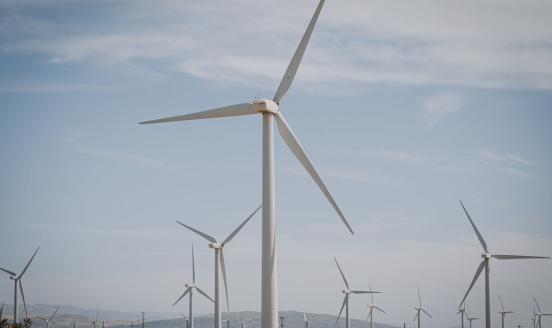How should EU policymakers reboot the NZIA?


The adoption of the US Inflation Reduction Act with its protectionist flavours has revived Europe’s deep-seated fears of deindustrialisation and of missing out on the growth opportunities in clean tech manufacturing. This has fuelled calls for a reciprocal clean tech industrial policy revamp with a stronger strategic autonomy component.
In March, the European Commission unveiled its legislative proposal for an EU response to the US Inflation Reduction Act: the Net Zero Industry Act (NZIA). This is an unconvincing policy proposal.
The NZIA is not up to deliver on the multidimensional ambitions of matching decarbonisation, global competitiveness and security of supply. The European Parliament and the European Council need to reboot this proposal, and together with its Sovereignty Fund proposal, turn the Act into an impactful NZIA 2.0. The new Act must be able to deliver on the key target in this space: unleashing private sector investments in clean-tech manufacturing by providing the right enabling framework conditions for investment.
To achieve that, policymakers must leverage the European single market and create resilient public-private clean-tech ecosystems within the EU that are able to compete sustainably on a world level. Developing an EU-level public funding strategy for clean-tech which includes the entire clean tech value chain and building a strong governance for the whole green industrial policy process in the EU are fundamental elements to get there. Europe cannot fail in this space. Whether Europe can make the green transition and create a future socio-economic fabric is otherwise at stake.
The Why Axis is a weekly newsletter distributed by Bruegel, bringing you the latest research on European economic policy.



